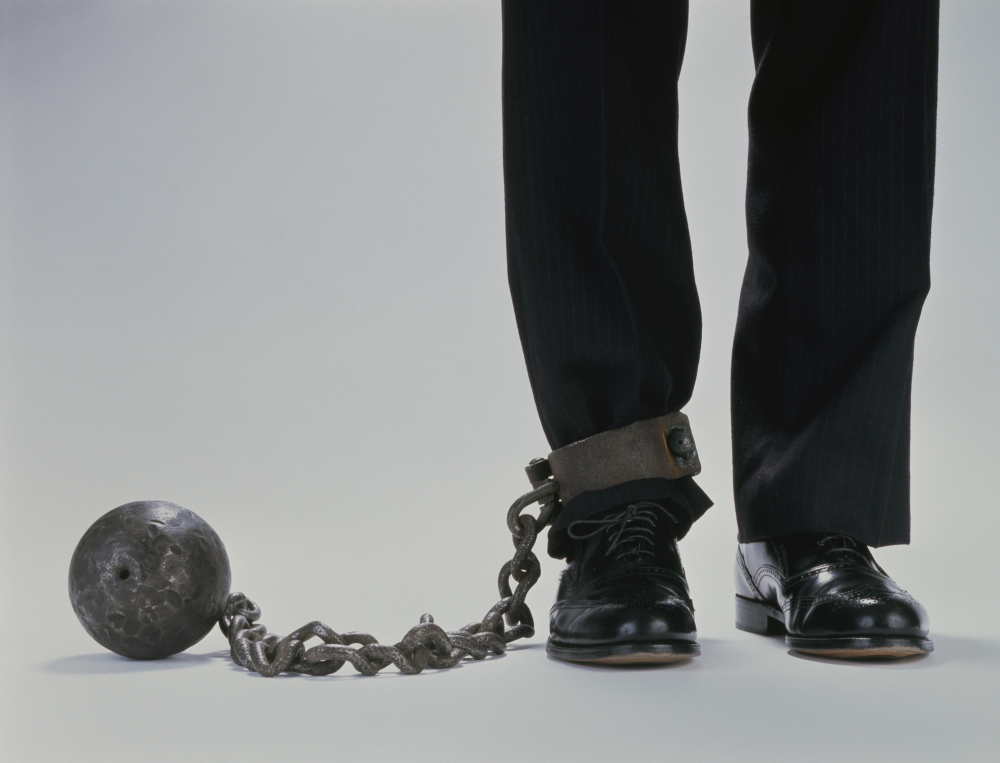
Online stores can’t understate the importance of a comprehensive SEO strategy. That said, there is such a thing as an overzealous one. If your SEO program is over the top, Google and other search engines won’t look kindly on your website.
You migth not be aware that your website has been penalized by Google, but if visits keep slowing down, follow the simple actions listed below to help you determine if your website is currently being penalized. And learn the common reasons that could be hurting the SEO of your business.
The good news is if you aren’t using shady methods to bolster your SEO, which we’d venture to guess you aren’t, you get automatic goodwill from Google and other search engines. Shady methods include paying content farms to link to your website, hiding text on a page in an effort to boost keyword rankings, and jamming a page with an inordinate number of advertisements.
The bad news is Google might be penalizing you anyway. An ethical search engine optimization strategy is only half the battle. The other half is providing shoppers with an excellent user experience.
Independent of your SEO program, a good UX is in your best interest. It’s also easier said than done.
The scariest part of all this is if your online store gets penalized by Google, you might not even realize it. Though it’s difficult to know for sure some of the time, there are also some telltale signs something’s wrong.
Signs your SEO needs attention
Keep your eyes open for the warning signs. Three things you may notice if your online store is in hot water with the search engines:
- Previously well-ranking pages are slipping significantly, especially to other pages. Without significant changes to your website on your part, quick slippage is a sure-fire way to tell if you’re being penalized.
- Search the name of your store. What comes up? Assuming you aren’t competing against other websites with the same name, if your store isn’t topping the search results, you’re in trouble.
- Finally, do a site search to see if you get any results. A site search includes “site:yoursite.com” and a keyword that should bring up a page on your website together in the search query. If nothing shows up, there’s a problem.
Common reasons you may get penalized
If it looks like your site is being penalized, it’s time to find the cause. There are a handful of reasons we tend to see online stores losing steam on search engines.
- Broken links: There are two fundamental ways to break links: inside your website and outside. Whenever you delete pages on your website, setting redirects so those pages don’t throw 404 errors is critical to avoiding penalties. (You can usually do this using your content management system.) In the same vein, it’s important to be cognizant of where you link outside of your website, even though these pages might be out of your control. Search engines don’t like websites that send a lot of people to broken pages.
- Keyword stuffing: As you create keyword-rich content, you may be tempted to jam in as many relevant keywords as you can. The obvious problem here is you end up creating content that doesn’t sound natural and can actually alienate your customers. Search engines don’t like it, either. Moral of the story: When you integrate keywords, make sure they fit with the natural flow of the content.
- Link-happy back-scratching: Swapping links with a friend? A blogger, or maybe another online store? That’s great! Just make sure you aren’t abusing the tactic. Search engines notice if there’s an inordinate amount of back and forth linking and could penalize you for the strategy.
- Copied content: If you aren’t creating original content for every aspect of your website, your online store might be in trouble down the road. Copied content -- writing that lives on more than one website -- conflicts in the search engines and can get your site penalized as a result. Instead of ripping product descriptions from manufacturer websites, it’s crucial for online stores to write their own descriptions.
Avoid search penalties with a strong SEO program
How healthy is your online store’s SEO? Get started in the right direction with the free SEO eBook, "The Building Blocks of eCommerce SEO" a comprehensive guide to help you get your ecommerce website on the right track to SEO excellence. These practices combines with building your online store in an SEO-Friendly eCommerce platform are key to the success of your business.





Leave a reply or comment below